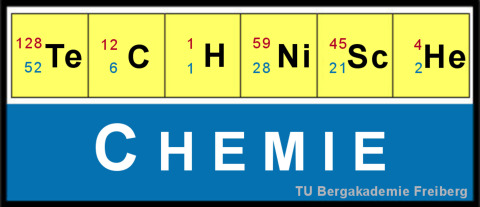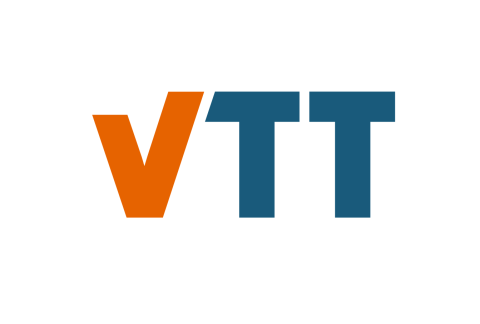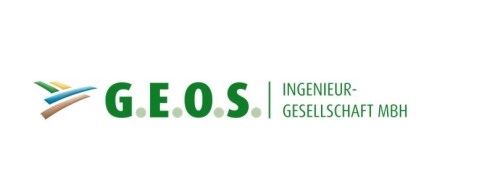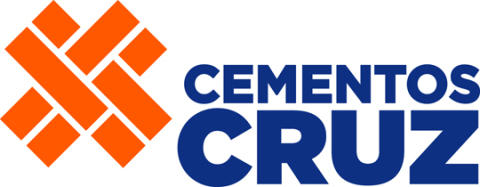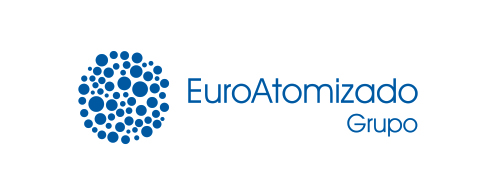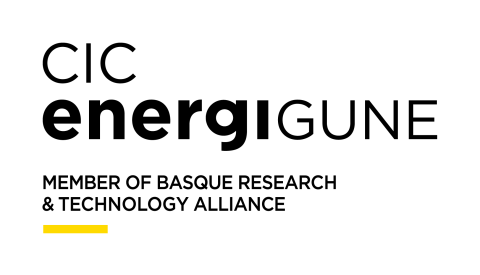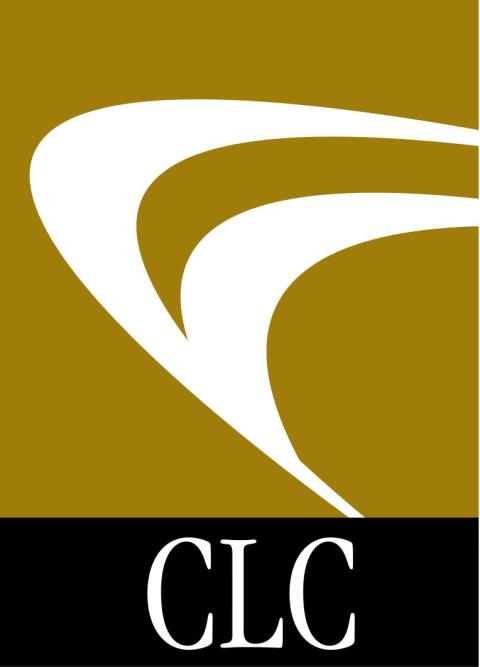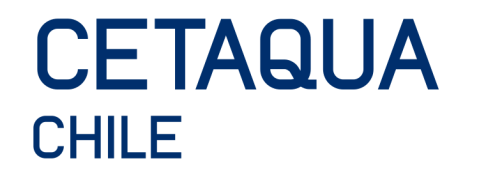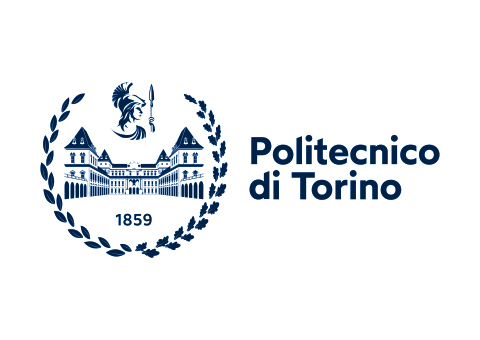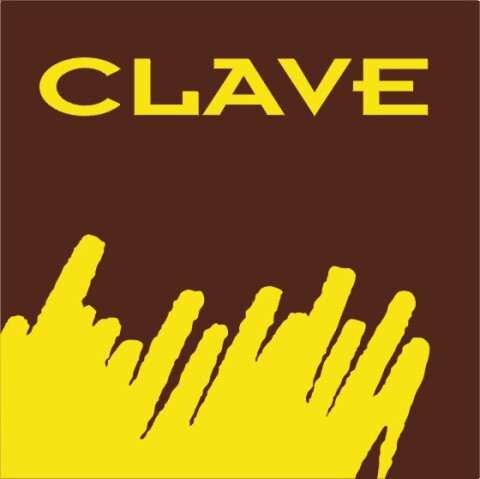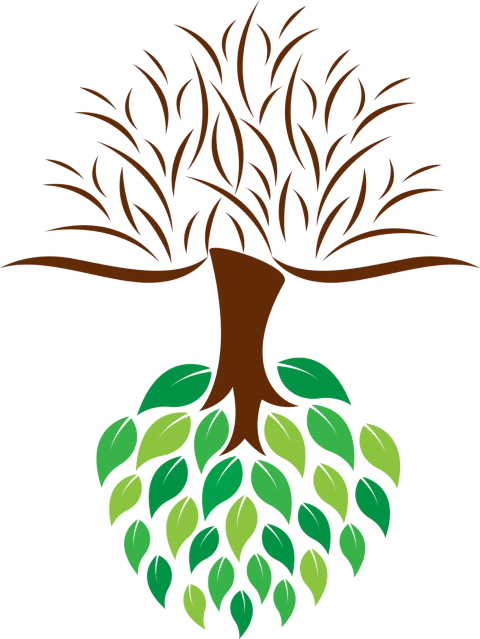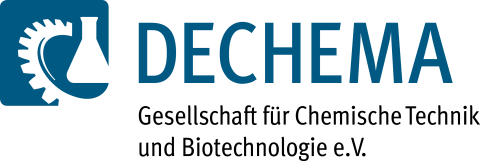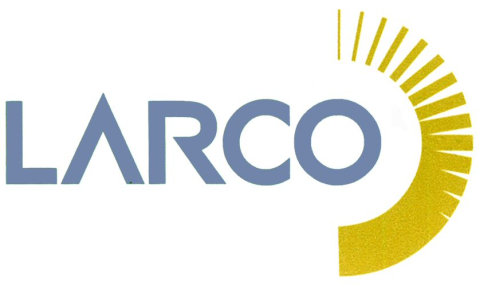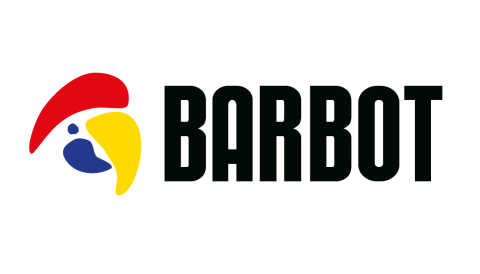Partners
About the organisation
IDENER is a private research company composed of a team with a sound scientific background in disciplines comprising the branch of systems engineering. Thus, the Spanish company has positioned as a valued partner of top European Research centers, Universities and technology firms.
IDENER investigates in the multidisciplinary field of Computational Science and its application to the optimization of systems and processes in key areas: Industrial Technologies; ICTs; Biotechnology; Secure, Clean and Efficient Energy; and Resource and Raw Materials Efficiency. This approach results in a high added value which sharpens the competitive edge of complex systems by providing improvements in performance and cost effectiveness.
Role in the project
In METALLICO, IDENER is responsible for the overall coordination of the consortium to guarantee a successful project development as well as the modelling, engineering and digitalization activities. The company is also developing the engineering design of three of the five pilots which will be built during the project. Last but not least, IDENER works on the formulation and optimisation of the mathematical models of the process and their subsequent digitalisation.
About the organisation
The Institute of Technical Chemistry at TU Bergakademie Freiberg (TUF) works at the junction of laboratory scale and industrial process engineering. The main areas of work are resources chemistry and chemical process development. The aim is to develop and optimize new processes for the sustainable provision of energy and chemical raw materials based on primary and secondary raw materials. Examples are phosphate, lithium, electronic metals (indium, germanium, gallium, rare earths) or methanol. The institute has extensive expertise in scaling up processes for the recovery of metals from complex polymetallic mixtures as well as the development of Zero-Waste concepts (value-added chemical approach).
Role in the project
The main task of TUF is to adapt the COOL+ process to different raw materials (e.g. spodumene) at laboratory scale. The aim here is to optimize both lithium extraction and the production of geopolymers. For this purpose, different lithium-containing ores are mechanically and thermally pretreated before they are leached with supercritical CO2. The lithium is separated as carbonate from the digestion solution. The leaching residue is the starting material for the production of geopolymers.
About the organisation
The Polytechnic University of Catalonia (UPC) is a public research and higher education institution in the fields of engineering, architecture, science and technology, and is one of the leading polytechnic universities in Europe. It has 18 educational centres specialized in different areas of knowledge including the field of industrial engineering, especially in technologies: chemistry, materials, mechanics, electrical, electronic, biomedical and energy. Research developed at the UPC comprises sustainable urban and industrial waste management cycles based on resource recovery approaches promoting circular solutions of waste to product and waste to energy.
Role in the project
UPC will support companies and research centres contributing to designing and optimizing tests at different technology readiness levels to the valorisation of secondary resources. Besides, UPC will provide experience and knowledge in the pre-treatment of different materials and will lead laboratory-scale testing of some primary and secondary resources adjusting the different parameters according to their mineralogy and composition. Finally, UPC will collaborate in the development of battery metals portal.
About the organisation
Łukasiewicz Research Network – Institute of Non-Ferrous Metals (Łukasiewicz-IMN) is a research centre of the Polish non-ferrous industry. Complex activities cover all stages of metallic materials production: from ore treatment to technologies for production of modern product meeting all environmental standards. Many solutions are used in small and medium-sized enterprises not only in the non-ferrous metals industry, but also in other sectors of the economy. Łukasiewicz-IMN offer includes: research and development works to develop new technologies, optimization of industrial processes, modernization of production lines, construction of devices, measurement and analytical services.
Role in the project
Łukasiewicz-IMN is responsible for the recovery of Co, Ni and Cu from the Fe-As waste alloy generated in Pb hydrometallurgical processes. Fe and As will be removed from the solution by their precipitation in the stable form of scorodite (FeAsO4∙2H2O). Łukasiewicz-IMN will also validate the experiments in the lab-scale, adjusting the operating parameters of the process. In the next steps, they will oversee the construction and operation of the pilot plant in its facilities.
About the organisation
VTT is a visionary research, development and innovation partner and one of the leading research organisations in Europe. VTT’s role is to promote the utilisation and commercialisation of research and technology in business and society. Through science and technology, VTT aims to turn global challenges into sustainable solutions for business and society in a responsible way.
Role in the project
In METALLICO, VTT will focus on the recovery of metals from challenging low grade ores and secondary streams. VTT’s hydrometallurgy pilot facility will be harnessed for METALLICO example materials to reach environmentally and economically viable processes.
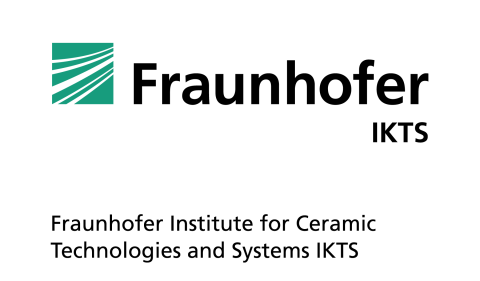
Fraunhofer-Gesellschaft
zur Förderung der angewandten Forschung e.V.
About the organisation
For more than 30 years, Fraunhofer IKTS has been demonstrating the potential of ceramic materials in a steadily growing range of applications such as energy storage and wastewater treatment. As a research and technology service provider, IKTS offers advanced ceramic materials and components as well as customized industrial manufacturing processes. Special emphasis is on the sustainable use of resources and closed material cycles. IKTS develops recycling approaches enabling the economic recovery of valuable materials, e.g., from batteries or power electronics. For this purpose, the institute operates various pilot plants at its Freiberg site including monitoring systems and database solutions.
Role in the project
Fraunhofer IKTS will validate the COOL+ process in pilot-plant scale (TRL 5), which integrates the selectively recovery of lithium from the black mass (capacity up to 6 kg ore/h) as well as the production of geopolymers from the aluminosilicate solid residue. By including additional units to the existing pilot plant, this efficient recycling process
About the organisation
G.E.O.S. Ingenieurgesellschaft mbH is a German independent, internationally operating, planning and consulting company. The company acts on behalf of its clients with extensive experience in mining, energy, environmental protection, and infrastructure. Together with its subsidiaries and holdings G.E.O.S. employs 170 engineers ,specialists engineers and specialists. The history of G.E.O.S. Ingenieurgesellschaft starts in the 19th century: The former company “Geological Survey of Saxony”, founded in 1872, and later the “VEB Geological Research and Exploration Freiberg”, based the foundation for our company in May 1990.
Role in the project
G.E.O.S. is part of the METALLICO Project right from the beginning. The company is following up lab results of the process to use them for the Multidisciplinary Design Optimisation development. G.E.O.S is part of the coordination and unification of the lab results to use data to develop a planning document for a pilot plant. Under the headline “Conceptual, Basic, and Detailed Engineering”, G.E.O.S. is responsible for the engineering of COOL+ process in cooperation with FRAUNHOFER and the TUBAF.
About the organisation
Cementos La Cruz is a cement manufacturing company based in Spain. Founded in 2002, the company has grown to become one of the leading cement producers in the country, with a strong presence in the domestic markets. The company produces a wide range of cement products for various applications, including construction, infrastructure, and housing. They have a range of low carbon footprint products anticipating environmental regulations.
Role in the project
CRUZ’ main role in the METALLICO Project is in Work Package 4 as an end user for the validation of the final products lithium carbonate and mining residues. In the production of a common cement, clinker is used as the main constituent of the product. The goal of CEMENTOS CRUZ is to substitute this clinker for other constituents with a much lower carbon footprint.During METALLICO, CRUZ will use these minerals, source of Si and Al, as a parent material to produce supplementary cementitious materials and, on the other hand, to use Lithium carbonate as an alkaline activator. When a parent material is mixed with an alkaline activator they form gels CASH and NASH which are more compact, resistant and durable than those gels that are formed with clinker as a raw material.
About the organisation
Euroatomizado Group is the largest national and international group in the design, development, manufacture, and marketing of ceramic compositions. Its mission is to satisfy the needs of the ceramic sector at a national and international level in everything related to ceramic compositions with a vocation for innovation, service and creating added value for our customers. The extensive experience of its team in the ceramic process, besides its high-quality standards and the largest production capacity in the sector, has resulted in significant growth and leading position in the market
Role in the project
Euroatomizado Group is going to participate in WP4 actions, in particular in the validation of lithium carbonate (LiCO3) in other commercial applications, in our case in ceramics. Therefore, Euroatomizado Group’s role is based on incorporate lithium carbonate (LiCO3) in white ceramic compositions to produce ceramic tiles.
About the organisation
Glencore Nikkelverk is the largest nickel refinery in the western world. The refinery also produces cobalt and copper. A significant fraction of the metals are recycled materials. All finished metals are very pure. Our nickel can therefore be found in everything from kitchen utensils, equipment for medical devices, cellular phones, wind turbines, computers, coins, vessels, automobile batteries and aircrafts. The refinery is located in Kristiansand in Norway, with 600-700 employees including contractor. Our inhouse nickel-technology gives a very low CO2 footprint and our new copper electrowinning plant is the world most energy efficient.
Role in the project
Nikkelverks task in the project is to evaluate nickel, cobalt or copper containing by-products from the research program. The questions are: Can these by-products be used as a raw material for existing industries? If not – what changes are needed?
About the organisation
CIC energiGUNE is a benchmark energy research center specialized in electrochemical energy storage, thermal energy storage and conversion and hydrogen technologies. They aim to generate disruptive scientific knowledge in materials and technological solutions related to energy, and contribute to improve industry competitiveness and sustainable development. The center, a member of the Basque Research & Technology Alliance-BRTA, is a strategic initiative of the Basque Government, and is also supported by the Provincial Council of Alava and the Basque Energy Agency.
Role in the project
CIC energiGUNE will check the quality of the recovered products as active material precursors for battery manufacturing, benchmarking against commercial ones. The quality of these products has to be checked studying its influence on NMC 622 synthesis reaction and electrochemical performance of the obtained cathode within an electrochemical cell. At last, this hydrothermal synthesis will be transferred to an upscaling platform to validate that recovered lithium and cobalt from residues can be introduced in battery business.
About the organisation
Cobre Las Cruces, the mining-hydrometallurgical complex located in Seville province (Spain), is wholly owned by the Canadian multinational First Quantum Minerals. CLC has been operating an open pit mine, from 2009 to 2021, on the same site as a hydrometallurgical process plant that represents the principal technological innovation of the project. This is the only industrial facility of its kind operating in Europe, transforming orebody into sheets of 99.999% pure Cu (grade A). Currently, CLC is re-processing tailings producing Cu
Role in the project
CLC will develop a lab fine-tuning and an intermediate scale validation of the TAILCO process to obtain cobalt contained on tailings from copper production. CLC will also cooperate in the TAILCO pilot plant engineering and will give support during the digital twins tool design phase. CLC will assemble, construct and operate a pilot plant in their facilities to treat secondary resources and will physicochemical and mineralogical characterise obtained products to assure the end-users’ specifications.
.png)
CETAQUA, Centro Tecnologico del Agua, Fundacion Privada
https://www.cetaqua.com/en/cetaqua-the-water-technology-centre/
About the organisation
CETAQUA is a model of public-private collaboration that was created to ensure sustainability and efficiency of the water cycle while taking regional needs into account.
Role in the project
CETAQUA's main role is to develop a valorization process for Cobre las Cruces’ (CLC) secondary resources and to develop and implement the METALLICO Digital Platform. CET’s tasks range from the identification of design parameters through lab scale testing, to leading the construction and operation of the CLC secondary resources procedure pilot plant and creating the Battery Metals inventory for EU resources.
About the organisation
Corporacion Chilena de Investigación del Agua is a public-private institution, affiliated partner of CETAQUA, dedicated to advanced solutions for integrated water resources management.
Role in the project
CETAQUA Chile will identify and characterize secondary resources of battery metals in CELAC region to be included in the battery metals inventory of METALLICO Digital Platform. Then, CETAQUA Chile willcoordinate interactions of EU technology developers from the consortium with local stakeholders and collaborate in the definition of guidelines for successful market uptake of METALLICO in CELAC region
About the organisation
Tharsis Mining is the only company with 100% Andalusian capital dedicated to the metal mining sector in the Iberian Pyrite Belt, where it has the mining rights of the Tharsis mines in the municipality of Alosno, San Telmo in Cortegana and La Zarza mine, in the municipality of the same name.
Role in the project
The first step of Tharsis will be to identify and characterize the raw materials existing in the Tharsis mine wastes. The company’s main task in METALLICO is to make a waste valorisation recovering cobalt, copper and manganese from wastes generated in old mining operation plant, via flotation and gravimetry concentration.
About the organisation
The Politecnico di Torino (POLITO) is the oldest Italian public technical university (1859). The university offers several courses in the fields of Engineering and Architecture, and is ranked as one of the best universities in Italy and in Europe: 26th worldwide for Mechanical Engineering, 15th for Petroleum Engineering, and 28th for Architecture (2023 QS World University Rankings).
POLITO has its main campuses in the city of Turin, Italy, where the majority of the research and teaching activities are located, as well as other satellite campuses in four other cities across the Piedmont region.
With 11 departments and several research institutes, it has around 35,000 students and 1,800 employees (teaching, research and management staff).
Role in the project
In METALLICO, POLITO will be leading sustainability assessments, in close cooperation with RIG. The role of POLITO consists in supporting project partners while developing and testing innovative processes and technologies, by providing relevant and quantitative information on environmental and socio-economic consequences. Quantitative sustainability assessment tools such as Life Cycle Assessment (LCA) and social-LCA will be used and the results scaled up at high TRL to understand to what extent METALLICO will contribute to a more secure and sustainable supply of battery materials.
About the organisation
At Clave is a specialised consultancy and research company located in Seville (Andalusia, Southern Spain) with more than 25 years’ experience. Its working lines are:
Land-use planning and territorial development
Environment and nature conservation
Strategic economic planning
Geographic Information Systems and Communication
At Clave has provided comprehensive environmental and territorial planning, natural resource management and stakeholder engagement services to businesses and government clients across Spain and other countries in Latin America and Northern Africa. Moreover, At Clave contributes its expertise in research projects at national and international level.
Role in the project
In METALLICO, At Clave will be responsible for WP6 (Social participation, stakeholder engagement and networking). With this purpose, At Clave will closely collaborate with partners related to communication and sustainability assessment tasks. This WP is aimed to raise public awareness of the need to develop an “ethic of circularity” and self-sufficiency of Critical Raw Materials in Europe and also to strengthen governance and networks in relation to mining and circular economy at regional and European level.
About the organisation
Radical Innovations Group AB (RIG) is a research and development company pioneering in the area of clean and circular materials, energy, and economy. We develop actionable insights in the area of decarbonisation, digitalization, and circular economy and help developing products and solutions supporting sustainable development goals.
Role in the project
RIG is involved in two work packages, namely WP5 and WP7. The role and contribution of RIG in the project are as follows: In WP5, RIG will work on the deliverables in the area of sustainability analysis. The company specifically aims to support in the techno-economic and life cycle assessments (LCA) of the proposed solutions.
In WP7, RIG will explore opportunities for the commercial exploitation of the proposed solutions and develop a business plan towards this goal. Particularly, RIG will be developing a strategy for commercial exploitation that ensures successful adoption and use of the results at different levels along the project value chain (scientific, industries, authorities, end-users). In addition, RIG aims to develop a strategy and management plan for the intellectual property rights (IPR).
About the organisation
DECHEMA e.V. is an interdisciplinary scientific society with more than 5,800 individual and institutional members which promotes scientific and technical exchange among experts from different disciplines, organizations and generations. This non-profit professional society cover wide areas relevant to the process industries and represents these fields in science, industry, politics and society. DECHEMA organizes more than 50 events per year, is co-organizer of ACHEMA fair and manages national and European research clusters and projects.
The division resources focuses on sustainable resource management, which covers the process chains and the entire raw materials cycle from extraction, treatment and processing through to the various forms of use and reuse. The aim is to proactively ensure the supply of requisite raw materials to industry.
Role in the project
DECHEMA is responsible for the Communication, Dissemination and Exploitation activities in the project. It coordinates the outreach to decision-makers, the scientific society, and the general public to support the uptake of the project results.
About the organisation
LARCO is one of the largest ferronickel producers in the world, with 1000 employees. The company is active in the field of exploration, mining, smelting and marketing of ferronickel, which is used for the production of stainless-steel.
Besides ferronickel, LARCO produces Electric Arc Furnace Slag, OBM Slag and Aggregates. Additionally, LARCO’s focus lies on research and development much of it carried out together with organizations and universities in Greece and Europe.
Role in the project
LARCO will provide laterite and rotary kiln dust to the project partners and will help in the development of new processes for the production of nickel and cobalt in a suitable form for the production of batteries.
About the organisation
BARBOT is a Portuguese paint manufacturer with over 100 years of experience in the industry. It offers solutions for a wide range of applications, including architectural and industrial coatings, flooring, waterproofing, and thermal insulation systems. With a strong focus on innovation and sustainability, the company continuously develops high-performance, eco-friendly solutions.
Role in the project
As a partner in the METALLICO project, BARBOT will study the incorporation of lithium carbonate to assess its impact on paint performance. The company will carry out the following evaluations:
Investigate whether lithium carbonate can stabilize pH and inhibit the growth of microorganisms in water-based paints.
Assess the shelf life of water-based formulations.
Study the anticorrosive properties of lithium carbonate when incorporated into both water- and solvent-based formulations.


